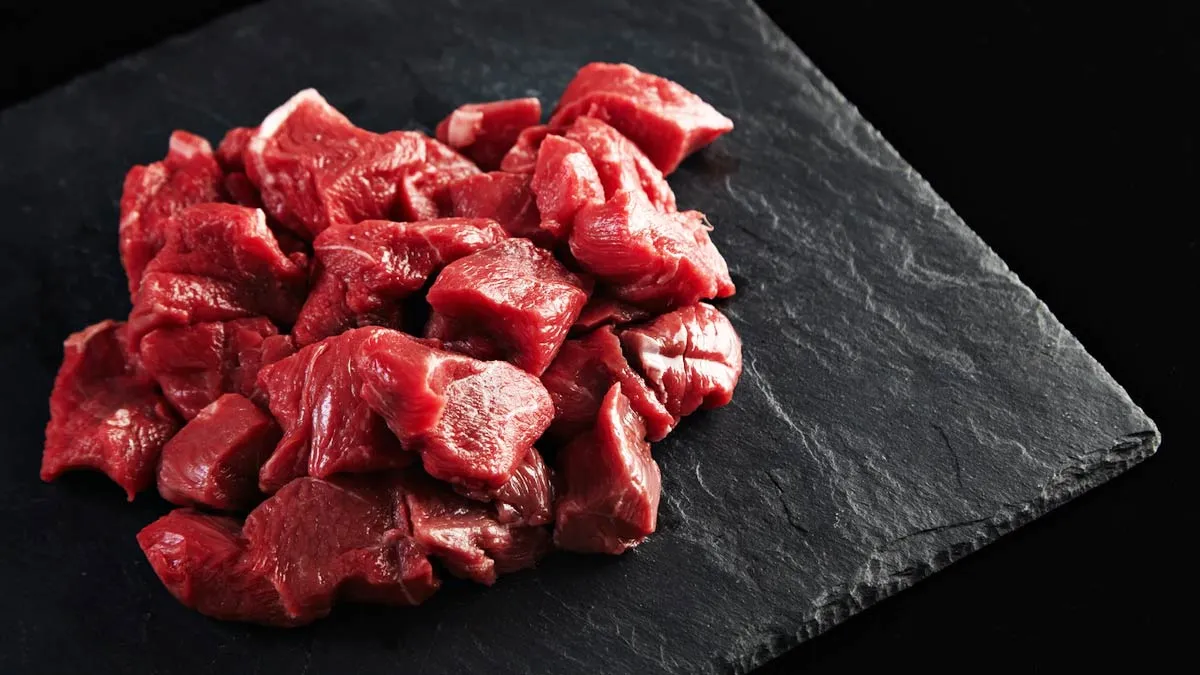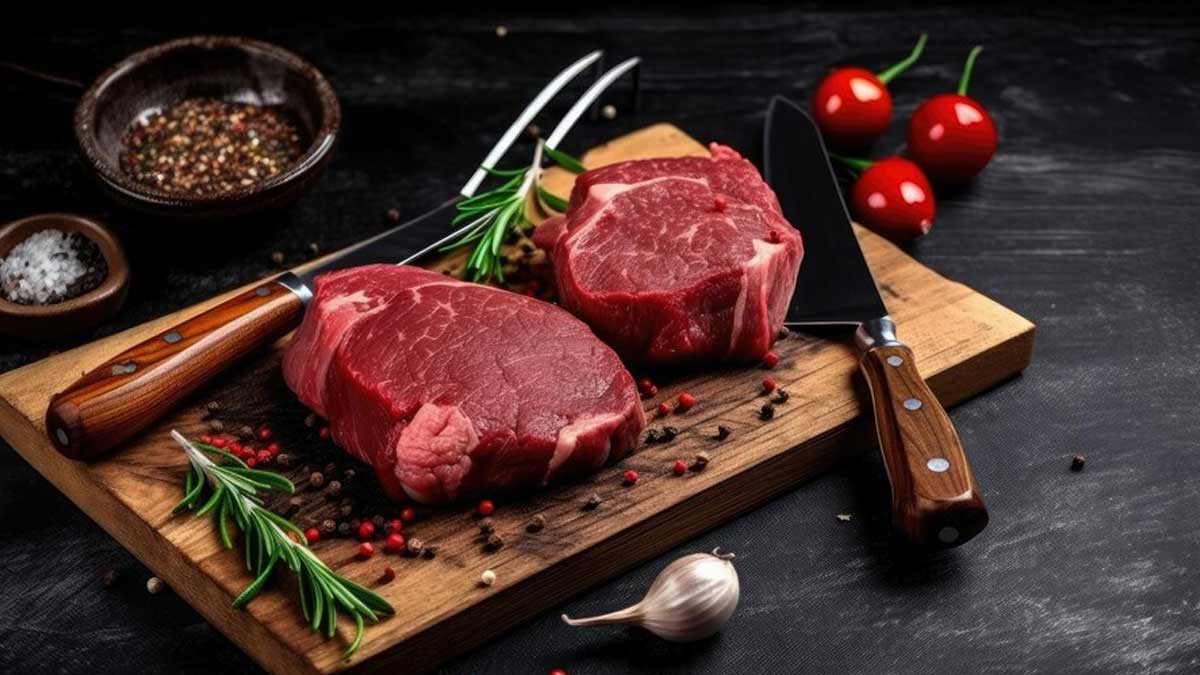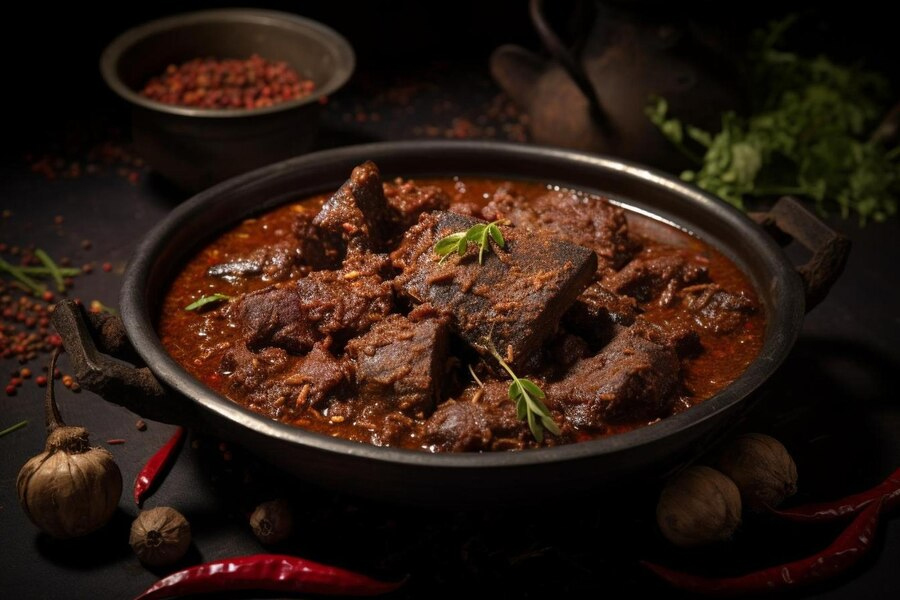
Red meat has been in the human diet for centuries, but over the last few years, whether it is good or bad for the body has been controversial. It is used on one side as a great source of protein and all the nutrients needed, while it is utilised on the other side to warn about its dangers. Is red meat good or bad for your body?
Table of Content:-
In an exclusive conversation with the editorial staff of Onlymyhealth, our expert, Pooja Singh, Dietician, ShardaCare, Health City - Noida, went through the facts with us in detail. Here is what she told us but let's see the advantages of eating red meat.
Nutritional Benefits of Red Meat
Red meat, like beef, lamb, and pork, is packed with essential nutrients that enable total health. A few of the most significant advantages are:
1. High in Protein
Red meat is rich in high-quality protein, which is vital for repairing muscles, growth, and general body operation.
2. Iron Powerhouse
Red meat contains heme iron, which is more easily absorbed by the body than non-heme iron in plant foods. It helps prevent iron deficiency anemia.
3. B Vitamins
Red meat is also a good source of B vitamins, particularly B12, which is essential for nerve function, red blood cell formation, and DNA synthesis.

Also Read: Kareena Kapoor Khan’s Intense Pre-IIFA Workout Is the Ultimate Fitness Inspiration
4. Zinc and Other Minerals
It is rich in minerals like zinc, which supports the immune system, and selenium, with antioxidant properties.
Potential Health Risks of Red Meat
Although rich in numerous nutrients, excessive consumption of red meat has been linked to a variety of health issues:
1. Heart Disease
Evidence shows that consumption of large amounts of processed red meat (such as bacon and sausages) can increase the risk of heart disease due to high levels of saturated fat and cholesterol.
2. Risk of Cancer
Processed red meat as a known carcinogen and unprocessed red meat as a probable carcinogen, both of which are associated with increased risk of colorectal cancer, report the World Health Organization (WHO).
3. Inflammation and Digestive Health
Excessive consumption of red meat, particularly processed meat, according to some studies, may cause chronic inflammation and compromise digestive health.

Also Read: Kareena Kapoor Khan’s Intense Pre-IIFA Workout Is the Ultimate Fitness Inspiration
What Do The Experts Recommend?
The key to enjoying red meat without risking your health, as per Pooja, lies in moderation and mindful choice-making:
1. Choose Leaner Cuts
Choose leaner cuts like sirloin, tenderloin, and lean ground beef in order to reduce the intake of saturated fats.
2. Processed Meats in Moderation
Reduce consumption of processed foods like bacon, sausages, and deli meats that are often filled with preservatives and bad fats.
3. Portion Control
Choose moderate sizes (about three to four ounces per meal) and supplement your diet with plant proteins, vegetables, and whole grains.
Bottomline
Red meat is not necessarily good or bad, but it's more of a matter of how much and how often you consume it and what type you consume. It does have important nutrients, but excessive consumption, especially of processed red meat, can be harmful to health. The secret is to include red meat in the overall balanced diet with moderation and quality.
Also watch this video
How we keep this article up to date:
We work with experts and keep a close eye on the latest in health and wellness. Whenever there is a new research or helpful information, we update our articles with accurate and useful advice.
Current Version
